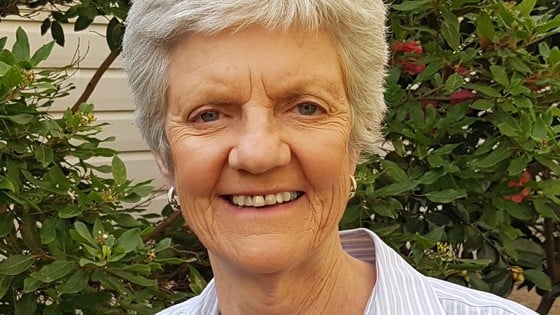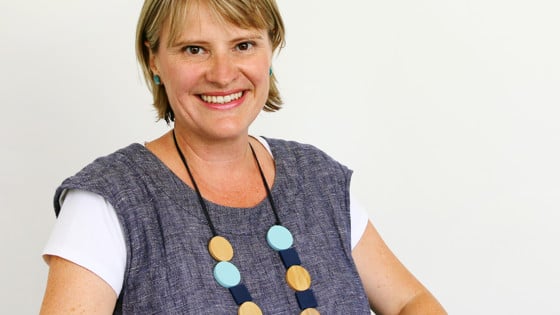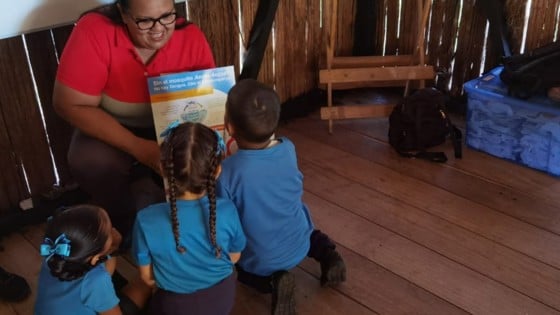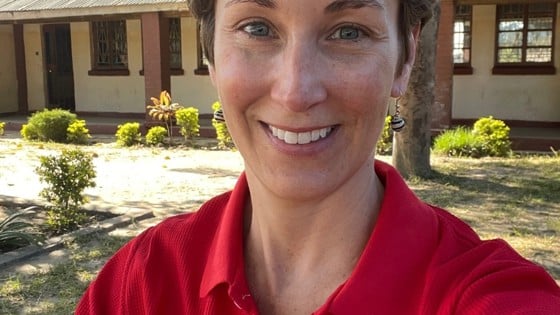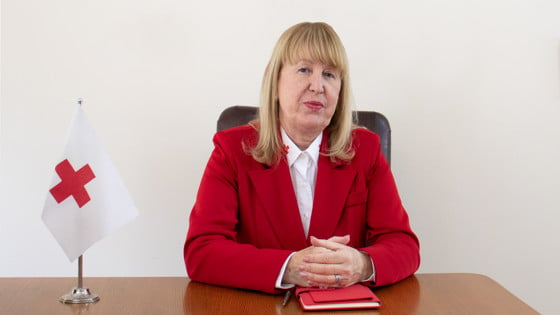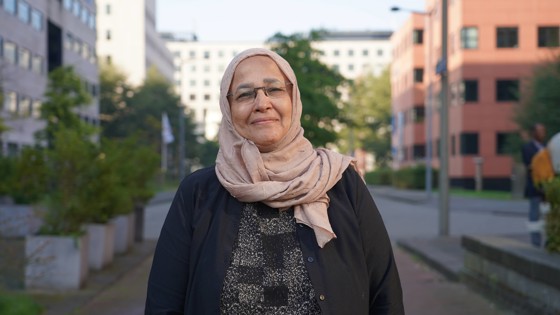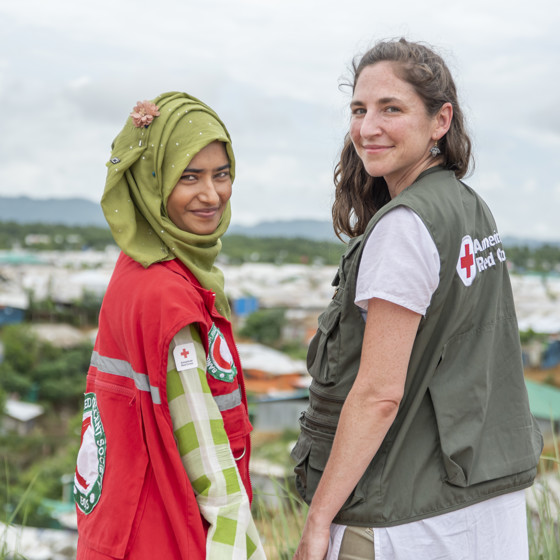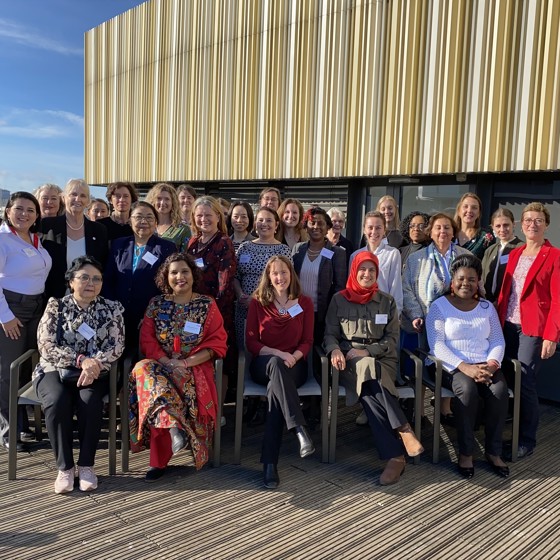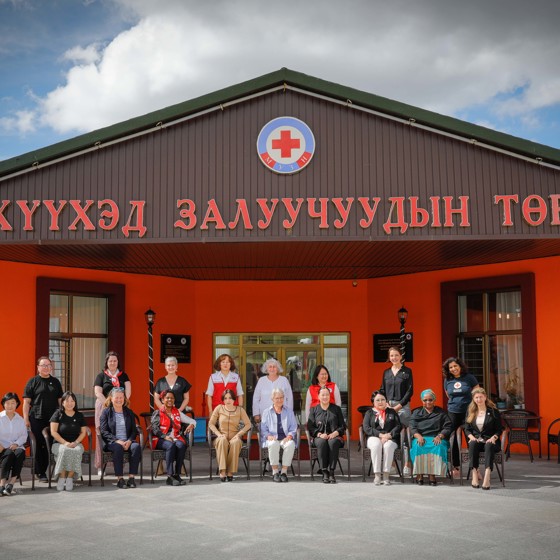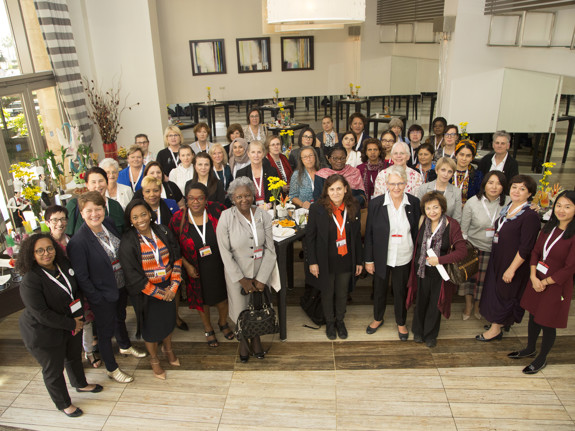
#100 Voices
#100 Voices
The 100 Voices project gathers stories of inspirational RCRC women from the very beginning of the Movement until present day
Read the Voices of women leaders
What is the 100 Voices project?
The 100 Voices project gathers stories of inspirational Red Cross Red Crescent women from the very beginning of the Movement until present day. It showcases the collective and individual commitments and contributions that women have made to the Movement in every corner of the world. We believe that these women’s stories deserve a place in our common history, and we know that without them the RCRC Movement would not be the same. Women play a pivotal role throughout the RCRC Movement, and their voices deserve to be heard.
Call for nominations
Know of a woman who is leading change and whose story should be heard? Do not hesitate to share her story, following the instructions in this document. Reach out to glowred@redcross.se if you have any questions. We look forward to reading your contributions!
Acknowledgements
We want to thank the Swiss Red Cross Society for their generous contribution, without it the 100 Voices project would have never been possible. We also want to thank the Swedish Red Cross for hosting this platform.
Thank you also to the Canadian Red Cross, the Spanish Red Cross, Mr Ahmad Zaklouta, Mr Umar Al Ayoubi and Mr Amin Al Ayoubi for helping us with translations.
Lastly, a warm thank you to the women who have shared their Voices – keep glowing!

